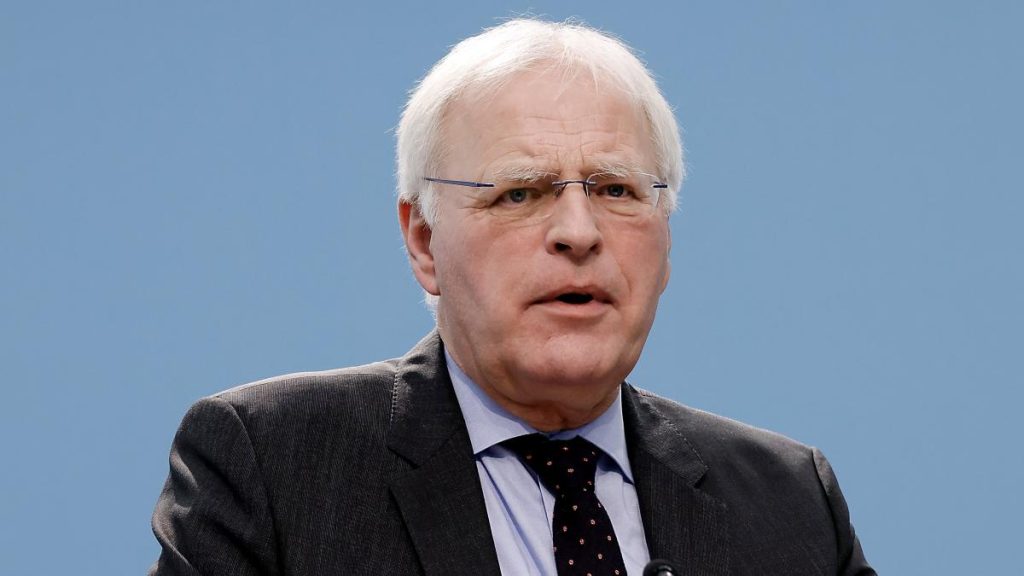Germany at its limit: Districts do not want to take in any more Ukrainian refugees
German counties are warning of being overwhelmed by high migration numbers and are calling for further measures from the federal government and EU against the influx. This includes refusing to accept any more refugees from Ukraine, implementing strict border controls, and initiating a debate on a “performance limit.”
According to Reinhard Sager, President of the German County Association, many counties and municipalities are struggling to handle both regular and irregular migration. The integration of all these individuals is no longer possible, with problems only continuing to grow. As a result, the counties are now refusing to take in any more refugees from Ukraine. While expressing solidarity with Ukraine, Sager questions whether it is necessary for so many people from the war-torn country to come to Germany, pointing out that just one state, Baden-Württemberg, houses double the number of Ukrainian refugees as the entire country of France.
Sager suggested the idea of providing “weatherproof accommodation in the safe west of Ukraine,” as previously proposed by Interior Minister Nancy Faeser. He also mentioned that Poland may be willing to take in more Ukrainian refugees if supported by the EU. Although the number of asylum seekers is declining, a real turning point is not yet in sight, as figures usually decrease during winter. Furthermore, despite promises from the federal government, the likelihood of a significant increase in deportations is slim. Sager criticized Chancellor Olaf Scholz’s announcement from the fall about large-scale deportations as merely a temporary solution that has not been effective.
In the name of the counties, Sager called for the “consistent protection of German borders” as long as the EU’s external borders remain porous to prevent migrants without asylum prospects from entering. He also proposed a political debate on the scale of migration, stating that managing over 300,000 people per year is unfeasible. While he suggested avoiding the term ‘upper limit,’ he emphasized the need to describe the dimension of what is manageable in terms of migration.
The call from German counties against accepting more Ukrainian refugees reflects the growing concern over the strain that high migration numbers are placing on local communities. As integration challenges continue to mount, the debate surrounding migration policies and limits within Germany and the EU is expected to intensify in the coming months. The effectiveness of implementing strict border controls and addressing the issue of deportations will likely be key points of discussion as the country navigates the complexities of the current migration situation.


